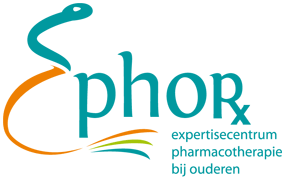EMA’s Pharmacovigilance Risk Assessment Committee (PRAC) has completed a review of medicines containing the antihistamine hydroxyzine. This follows concerns over the risk of possible effects onheart rhythm with these medicines, which are available in most EU countries.
The PRAC considered that hydroxyzine was associated with a small but definite risk of QT interval prolongation and torsade de pointes.
Based on the assessed data, the risk did not differ between indications, and the Committee recommended that hydroxyzine could continue to be used provided that measures to minimise the risk of problems with heart rhythm were taken.
These measures include using the medicine at the lowest effective dose for as short a time as possible. Use is not recommended in the elderly. The maximum daily dose should be no more than 100 mg in adults (50 mg in the elderly if use cannot be avoided). Use must be avoided in patients who already have risk factors for heart rhythm disturbances or are taking other medicines that increase the risk of QT prolongation. Care is also needed in patients taking medicines that slow the heart rate or decrease the level of potassium in the blood, as these also increase the risk of problems with heart rhythm.
